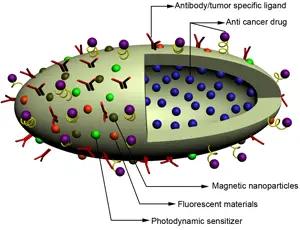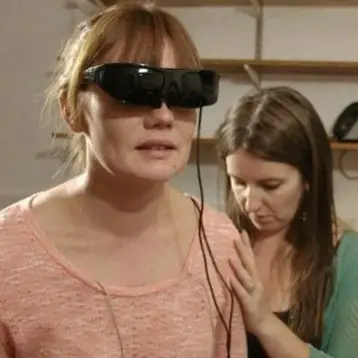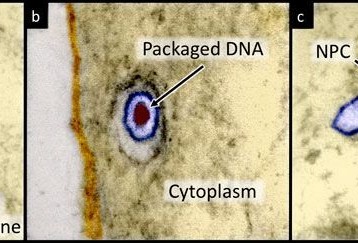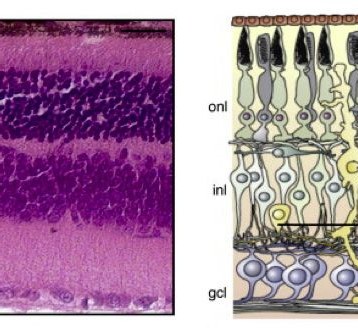|
Mobile phones have become an essential component of modern living. However, the marked increase in the use of wireless mobile telephony throughout the world has also raised some serious health concerns, as mobile phones utilize electromagnetic radiation in the microwave range. While currently available data does not show any negative health effects resulting from the low levels of electromagnetic energy emitted by mobile phones, there is some conflicting scientific evidence that may be worth additional study, according to FDA.
“We don’t see a risk looking at currently available data, but we need more definite answers about the biological effects of cell phone radiation and about the more complicated question of whether mobile phones might cause even a small increase in the risk of developing cancer” says David Feigal, M.D., director of FDA’s Center for Devices and Radiological Health.
Early laboratory tests have shown that mobile phone radiation, also known as RF-EMF (radiofrequency modulated electromagnetic fields) alters protein expression and activity in human endothelial cell samples (cells that originally pad blood and lymph vessels). A recent study conducted by the Finnish Radiation and Nuclear Safety Authority (STUK) has examined for the first time whether or not a local exposure of human skin to RF-EMF causes changes in protein expression in living people.
The researchers exposed a small area of the forearm skin of ten female volunteers to RF-EMF for one hour and collected biopsies from exposed and non-exposed areas of their skin. Expression analysis of 580 extractable proteins identified 8 proteins that were statistically significantly affected by the exposure. Two of the proteins were present in all 10 volunteers. These findings suggest that exposure to RF-EMF might affect protein expression in human skin.
”Mobile phone radiation has some biological effect. Even if the changes are small, they still exist” says Dariusz Leszczynski, research professor at STUK. He adds, however, that it is much too early to determine whether the changes induced by mobile phone radiation have any effect on health.
STUK plans to launch a more extensive study, with 50 to 100 volunteers, in 2009. This study and similar studies are expected to shed some light on the ambiguous influence of mobile phone radiation on the human body and health.
While the possible harmful health effects of mobile phone radiation are being examined, these phones may also have some medically beneficial applications. A couple of cell phone-related studies recently covered by TFOT deal with cell phone based medical diagnosis, as they help in the development of a process for transmission of medical images via cellular phones, and cell phone microscopy which is intended to enable visualization of samples critical for disease diagnosis. You can also read about Reverse Phone Lookups which can help users prevent unwanted calls.
The article Mobile Phone Radiation Might Alter Protein Expression in Human Skin is available on this page of the BMC Genomics web journal.










